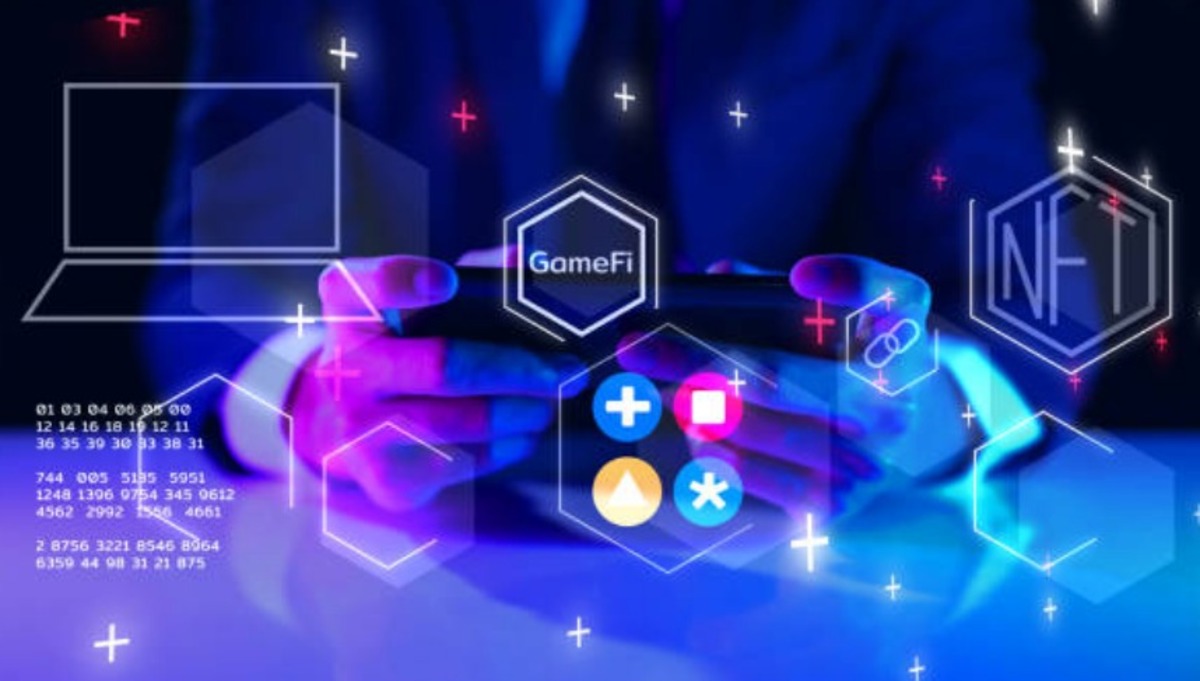Boat Drops: Your Portal to Aquatic Adventures
Explore the world of boating with tips, news, and insights.
Play with Pixels: How Blockchain is Revolutionizing the Gaming Experience
Discover how blockchain is transforming gaming! Unlock new experiences, ownership, and endless possibilities in Play with Pixels.
Understanding the Basics: How Blockchain Technology Works in Gaming
Blockchain technology is revolutionizing the gaming industry by introducing decentralized systems that enhance transparency, security, and player ownership. At its core, blockchain is a distributed ledger that records transactions across numerous computers in a way that ensures data integrity and prevents unauthorized alterations. In gaming, this technology allows for the creation of unique in-game assets, often referred to as non-fungible tokens (NFTs), which can be bought, sold, and traded securely among players. As a result, players gain true ownership of their digital items, which can significantly increase the value of their in-game achievements.
Moreover, blockchain's inherent transparency aids in reducing fraud, allowing players to verify the fairness of a game without the need for a central authority. Smart contracts further enhance this ecosystem by automatically enforcing agreements between players and developers, ensuring that both parties adhere to the established rules without third-party intervention. Games built on blockchain can offer innovative rewards systems where players earn crypto tokens that can be exchanged for real-world currency, providing a new avenue for monetization. As more developers embrace this technology, we can expect a transformation in gaming, making it more engaging, equitable, and rewarding for players.

Counter-Strike is a highly popular tactical first-person shooter game that focuses on team-based gameplay and objective completion. Players can choose to be part of either the terrorist or counter-terrorist team, each with specific goals. If you're looking to enhance your gaming experience, consider using the rollbit promo code to unlock exclusive features and bonuses.
The Rise of Play-to-Earn: How Blockchain is Changing Game Economies
The rise of play-to-earn models is transforming the landscape of gaming, enabling players to not only enjoy immersive experiences but also earn real monetary value through their gameplay. With the integration of blockchain technology, game developers are creating decentralized ecosystems where players can buy, sell, and trade in-game assets as cryptocurrencies. This innovative approach has led to the emergence of a new gaming economy that empowers players, rewarding their time and skill in ways that traditional gaming models could never match.
As the world embraces the potential of blockchain in gaming, it is important to understand its impact. The ability to possess true ownership of digital assets—such as characters, items, and virtual lands—has sparked a shift in player dynamics. Unlike conventional games, where players invest time but have no concrete return, play-to-earn allows gamers to monetize their efforts, leading to a thriving marketplace. As this trend continues to grow, it not only reshapes game economies but also raises questions about the future of entertainment and the role of players in a digitized economy.
What Are NFTs and How Do They Enhance the Gaming Experience?
NFTs, or Non-Fungible Tokens, are unique digital assets verified using blockchain technology, allowing gamers to own, buy, sell, and trade in-game items like skins, avatars, and virtual real estate. Unlike traditional gaming assets, which are usually locked within a specific platform or game, NFTs provide true ownership, meaning that players can take their items across different platforms or even sell them on secondary markets. This revolutionary concept not only enhances player engagement by creating a sense of ownership but also establishes a new revenue stream for developers.
Integrating NFTs into gaming experiences also introduces innovative gameplay mechanics. For instance, players can participate in play-to-earn models where their in-game achievements translate into real-world value through NFT sales. This gamification of earning empowers players and fosters a more immersive gaming experience. Additionally, NFTs can introduce scarcity into the digital realm, where limited edition items create excitement and competition among players, further enhancing the overall enjoyment and investment in the game.